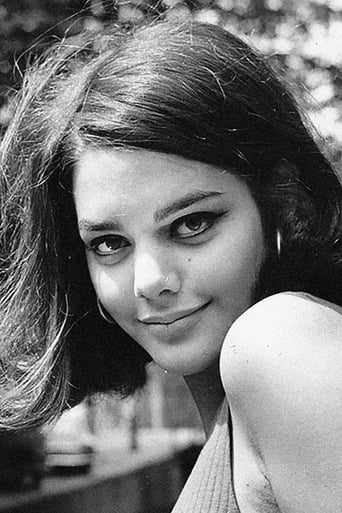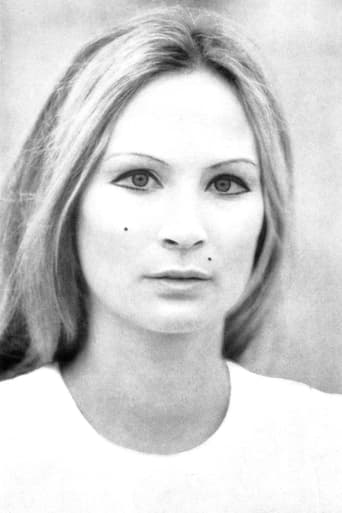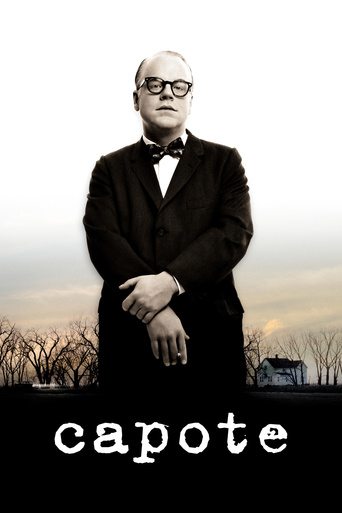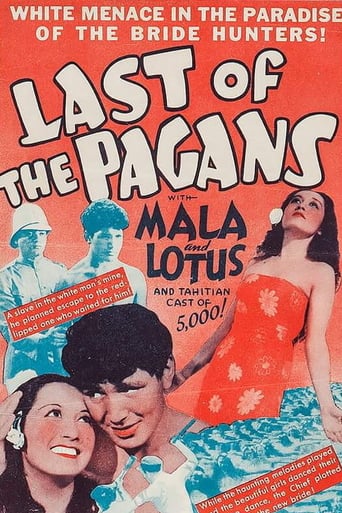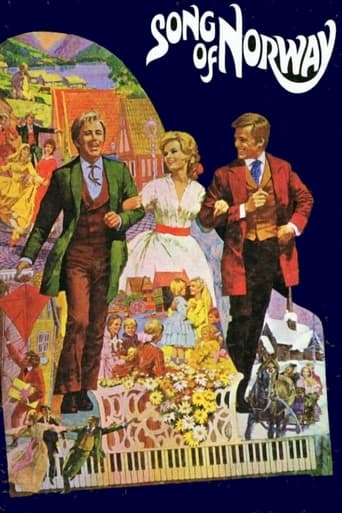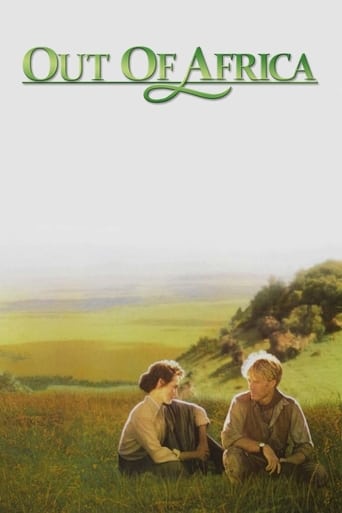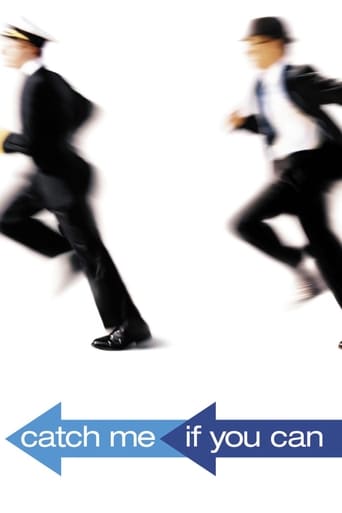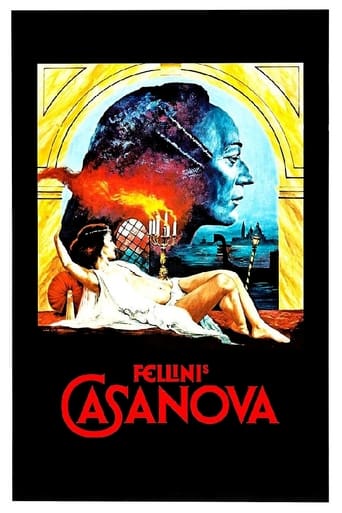
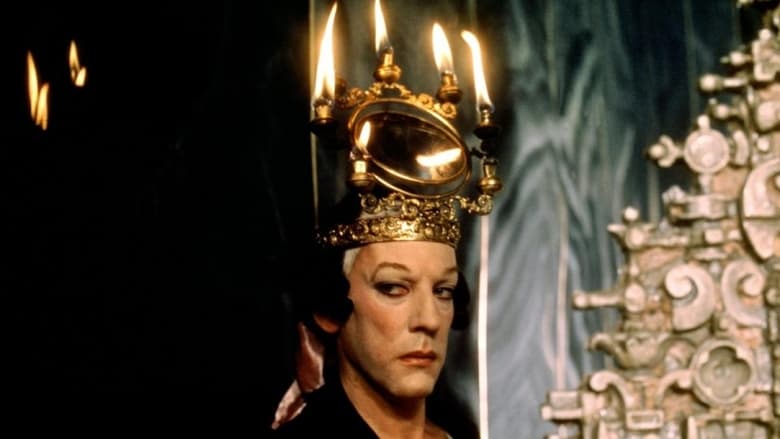
Fellini's Casanova (1976)
Casanova is a libertine, collecting seductions and sexual feats. But he is really interested in someone, and is he really an interesting person? Is he really alive?
Watch Trailer
Cast


Similar titles
Reviews
Best movie ever!
Absolutely Fantastic
Although it has its amusing moments, in eneral the plot does not convince.
Strong acting helps the film overcome an uncertain premise and create characters that hold our attention absolutely.
Fellini needs no recommendations. He's the Magician. And Sutherland is one of a few. Plus, he diaries of Casanova are on of the most inspirational literature works of the last centuries. These alone are sufficient. But Casanova of Fellini is something more. As Fellini feels awe (fear and worship at the same time) for women, he degrades men. From Satyricon to the City of Women men appear to surrender, give up their role and the force they once exerted over the other sex. As he deals with the story of his compatriot, Giacomo Casanova, the emblematic womanizer, he lets emerge a tragic figure, a man prisoner of his dubious reputation, a solitary creature that crawls on patios and lounges of prerevolutionary Europe, among degenerated monarchs and nobles who don't understand what is to come and have fun until boredom, The wretched Fellini hero tries to survive sometimes as stallion, sometimes as metaphysical guru and . Trying to ascend socially, he keeps falling, ending his days in a kitchen of a German lord having dinner with the servants who taunt him. He, the greater lover, finally makes love with a doll. (amazing scene). Fellini stays faithful to the text, far away from the beautification of those who grappled with this story, and Sutherland interprets one of the most tragic heroes in the cinema of the 20th century.
I don't consider Casanova one of Fellini's best in the way I do Nights of Cabiria, La Dolce Vita, 8 1/2 and Amarcord. My main reasons for preferring those were that they moved me more and had characters that I identified with(La Strada comes under this too). With Casanova there is nothing wrong with the story, it all feels very complete and somewhat brave expecting a rather vague final scene, but I did find the title character, portrayed as pompous and quite decadent, and some of the action rather detached in emotion. However there is no denying that there is much to admire. Fellini's direction is really masterful in technical accomplishment and with the story. Nino Rota's score is a delight, mocking and characterful with the lilting sumptuous sweep. The acting is fine, Donald Sutherland does what he can with his unsympathetic character and at least shows some charisma and bravado, while the supporting cast are also very good. The pace is slow but I personally never found it dull, but it was the visuals that made Casanova. The lush cinematography, colourful costumes and striking scenery are really a stunning feast for the eyes. So all in all, not one of Fellini's best but still worth the viewing. 8/10 Bethany Cox
In Fellini's Casanova, the viewer follows the legendary seducer, played by a young Donald Sutherland, jumping through several episodes in his life, in a whirlpool of memories, impressions and sex. This film is a journey that takes us to a Venetian prison, to French palaces, to a London frost fair and to the Swiss Alps. And the people Casanova meets, from a giant woman to dwarfs, from magicians to artists, are amazing. It's Federico Fellini's vision of Giacomo Casanova's life and it's completely unique.The film's themes aren't love or the art of seduction, as the name Casanova tends to evoke, but lust and desire as basic human urges. Fellini didn't like Casanova; for the Italian filmmaker he was just a soulless lover, a greedy social climber interested only in adding points to his score of amorous conquests and serving the nobility. So viewers will only find a sex machine moving from coitus to coitus, with little concern for the women he beds.The narrative, like in many of this director's films, is fragmentary, and Fellini and his co-screenwriter, Bernardino Zapponi, freely adapted Casanova's autobiography. In defense of Fellini, though, Giacomo Casanova's The Story of My Life contains around 3,500 pages, so a few cuts were necessary. Of course in a Fellini film the narrative isn't as important as the visuals and the way each scene is constructed. Visually, this is a beautiful movie. It's not only a masterful achievement by costume designer Danilo Donati, who deservedly won an Oscar for his work here; it's also unique because of the stylistic choices Fellini employs. For instance, for a scene of Casanova rowing in a little boat in the middle of a sea storm, Fellini chose to use black plastic sheets to replace the water; this choice may seem meaningless until we realize that artifice, appearances and illusions are running themes.Another interesting stylistic choice is the way Fellini shoots exterior scenes. Usually landscapes are covered in mist or snow, the sun barely visible. Our vision is limited to the foreground while the horizon remains hazy. By contrast, the interior scenes, the magnificent ballrooms, gardens and bed-chambers, where most of the action takes place, are exuberant, a sensory overload of colors, sounds, shapes and movements.Donald Sutherland, one of the most underrated living actors, shines as Casanova. He is practically unrecognizable here: with his hair cut, wearing a prosthetic chin and nose, and covered in make-up, Sutherland displays a strange, androgynous look. He's also, apart from the women he seduces, the only handsome person in the film. Fellini must have handpicked the ugliest actors in the world to populate this film, who, with their rotten and missing teeth, wrinkled faces and long, sharp noses, are in total opposition to the beautiful world that surrounds them.The action takes place during the Enlightenment, but reason doesn't make an appearance here. What for some was one of the greatest eras of human achievement, for Fellini was an era of debauchery, aloofness and superstition. Suffice to say that an aristocratic woman asks Casanova to impregnate her so she can pass her soul, through a ridiculous pagan ritual, to the fetus. Casanova and his contemporaries are vapid people who believe they're exceptional. Only Casanova, gradually, loses his illusions and the ending is a moment of epiphany for the seducer who, aged, only has his memories to keep him company.There's a small caveat: Donald Sutherland's voice was originally dubbed by Italian actor Gigi Proietti, so his fans may want to look for a version that has the English audio. I wouldn't consider this a major loss, since this is one of those films where the dialogue is practically irrelevant. Sutherland's body language expresses a lot more than the platitudes his character tends to spout. But viewers used to actors' original voices may find this off-putting.Fellini's Casanova is long and requires more patience than attention. The narrative's aimlessness may quickly induce boredom if the viewer isn't used to Fellini's style. Fellini makes up for this by giving every sequence some humour and titillation (the sex scenes may not be the best but are certainly the funniest ever filmed for cinema). In this regard this movie is very similar to Amarcord, which also seems like an endless collection of unrelated gags. Perhaps this film isn't one of Federico Fellini's essential masterworks, like 8½ and La Dolce Vita, but it's a sexy, tragicomedy still capable of entertaining and inspiring awe.
Fellini's Casanova might not make complete sense. In fact, I'm not sure if it does: constantly I am asking myself what he is trying to display with some of the butchered dialogue and strange, often comical situations. But in the end, none of that matters. Like all Fellini films, Casanova is a long, filmic journey that seems to drag, lacking any real drive; but, isn't that the point? Casanova himself is a selfish playboy who has no idea where he is going, and ultimately fails in any goals he might have (besides a sex-contest).The film opens with a masquerade in Venice, where even the crowned woman herself, the queen, cannot make an appearance for the Casanova. The masked guests are crazed with excitement as a man is launched into the sea (I presume he drowns in the sea of women). Already we can feel the morality of a great Italian society plummeting. This theme is very well presented throughout the film. The best example could be the nun who gives a show to her boss along with Casanova (equipt with his "supercock" music box, whose off-key tunes and obvious display of sexual arousal is disturbing). Continually, Admist an abandon opera house, a beautiful scene of Casanova's inadequacy with his own mother is presented as he carries her over his back. "I'm sorry mother, I don't understand German much. What were you saying?" "You don't understand, or you don't want to understand?" Although this is much later in the movie, it explains Casanova's inability to love (as Fellini believed your first real love was for your mother). Throughout Casanova's travels, he admires certain qualities in the many women he thinks he loves: Henriette, Anna Maria, Isabella. Each of them embody the perfect woman, at least, at the time. It is not until much later in the film when he finally finds the woman of his dreams: a plastic, mechanical doll. The effect is jarring, chilling, and genius. But no matter who the woman was, his "love" always resorted in sex, both times, the women being completely out of it, and unconscious for the experience.The final scene may be the greatest every filmed by Fellini (on par with the ending of 8½). It opens with Sutherland, a much older loner whose selfishness has for once caught up with him, dwelling on a dream he had. As a younger Casanova walks along a path of blue ice (complimenting his ice-like eyes), he chases the slowly dissolving image of the women he thought to love. As soon as he sees the mechanical doll, he embraces her, and leads her in a dance. The two spin on the ice, while Casanova himself resembles that of the plastic doll, his own superficial sexuality externalized.



